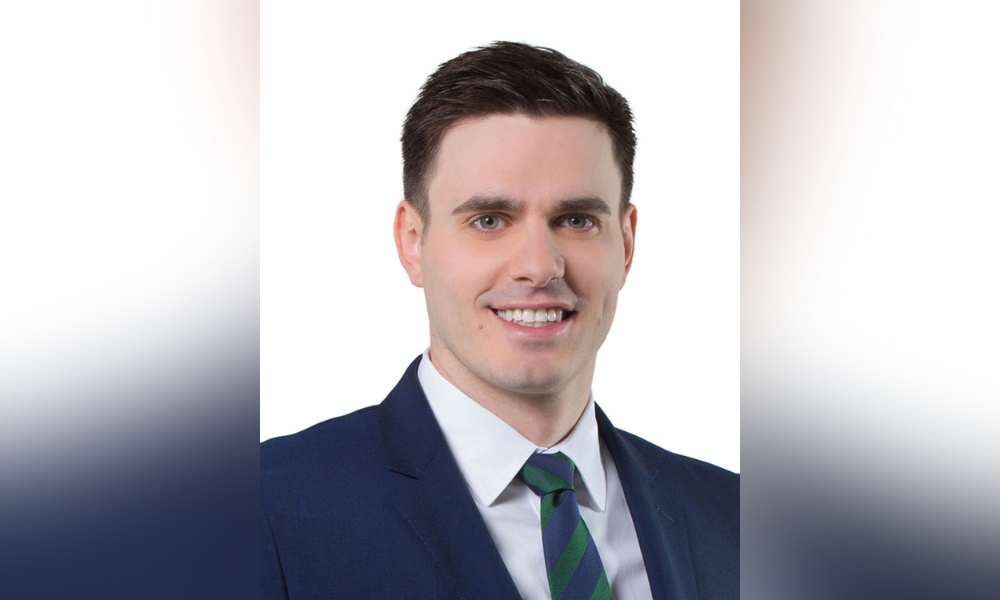
New pre-trial conference timeline among most significant, says McLeish Orlando's Joseph Cescon

This article was produced in partnership with McLeish Orlando LLP
Mallory Hendry of Canadian Lawyer sat down with Joseph Cescon, partner at McLeish Orlando LLP, to discuss the expected impact of the new Rules.
A host of changes to the Rules of Civil Procedure are coming into effect on March 31, and among the most significant are new timelines for pre-trial conferences.
An addition to Rule 50.02 requires pre-trial conferences to be scheduled for a date no more than 120 days and no fewer than 30 days before the date the trial is scheduled to begin or the first day of the sitting during which the trial is expected to be held, unless otherwise provided by a court order or applicable practice direction.
While the intent is to move cases forward, lawyers lose a useful tool in moving people off their positions – which may or may not be reasonable, notes Joseph Cescon, partner at McLeish Orlando LLP – if pre-trials are delayed as late as 30 days before the trial.
“An early pre-trial date can be instrumental in terms of helping the parties who are set in their position,” says Cescon. “If you have a judge prepared to work with the parties at a pre-trial conference, they’ll weigh in on some of the issues and that can have a meaningful impact on the outcome of the case.”
The exception in the Rule that permits for earlier dates under certain circumstances “will hopefully be employed by a number of jurisdictions to maintain the benefit we previously had – but it remains to be seen whether that will be the case,” he adds.
“McLeish Orlando plans to approach the courts in certain jurisdictions to try and secure those earlier dates. It’s a useful exercise in our point of view. We’ll certainly be looking to rely upon the exception to have a pre-trial date as soon as possible, but I expect there’s going to be a very long lineup.”
Areas that require mandatory mediation before you can set a pre-trial or trial date will require more consideration, as it will become even more critical to have that mediation occur as early in the proceedings as possible so there isn’t another barrier pushing out pre-trial and trial dates further and further.
Another significant change concerns expert reports, specifically a new requirement that each party deliver a Certificate of Readiness 30 days before a pre-trial conference, confirm whether they intend to rely on expert evidence at trial and, if so, whether they have served their experts’ reports within the time specified under the Rules.
Cescon says it had become “a bit of a convention” to allow expert reports to be admitted, not withstanding the fact they weren’t delivered in compliance with the previous Rules. He speculates this is an issue the revamped Rules are looking to deal with by stressing that pre-trial is an important stage in the litigation and needs to be approached on the basis that everybody has everything they intend to rely on at the trial in order to be effective, “therefore we’re going to enact Rules with some more teeth to make sure that’s the case.”
“Pre-trials can be very productive if everyone’s prepared and the trial is imminent, but if your pre-trial date is significantly far out from the trial date the impact is often less consequential,” Cescon says. “The expectation under the new Rules is you’ll come to the pre-trial having served your Certificate of Readiness indicating you intend to call experts and that you have served those expert reports in compliance with Rule 53.03. That will hopefully eliminate any argument at pre-trial conferences if parties show up and say they’ll deal with expert reports later.”
At McLeish Orlando, the firm’s approach has always been to retain experts early on in the proceedings. If an expert opinion will be necessary to fairly adjudicate the matter at trial “we might as well retain them as early on in the action as is reasonable, taking into account the result we are trying to achieve for our client – and that’s not going to change,” Cescon says.
Finally, Cescon points to the Rule about admissibility of evidence as another meaningful change, but “we’ll have to see how that plays out,” he says, noting “it’s premature to comment until we get some cases after March 31 that employ it.”
Ultimately he predicts that “looking back in a year, the timeline related to pretrial date, the certificate of readiness and admissibility will be the most significant changes in terms of the way we’re practicing.”
For more information on the upcoming changes, visit McLeish Orlando’s recent blog post on the topic.
Joseph Cescon has dedicated his practice exclusively to working for injured clients and their families. Dedicated and creative, his talent for putting a case together for his clients is unparalleled. He has handled a wide variety of personal injury cases and has the expertise and passion required to achieve a successful outcome, no matter how complex the case.